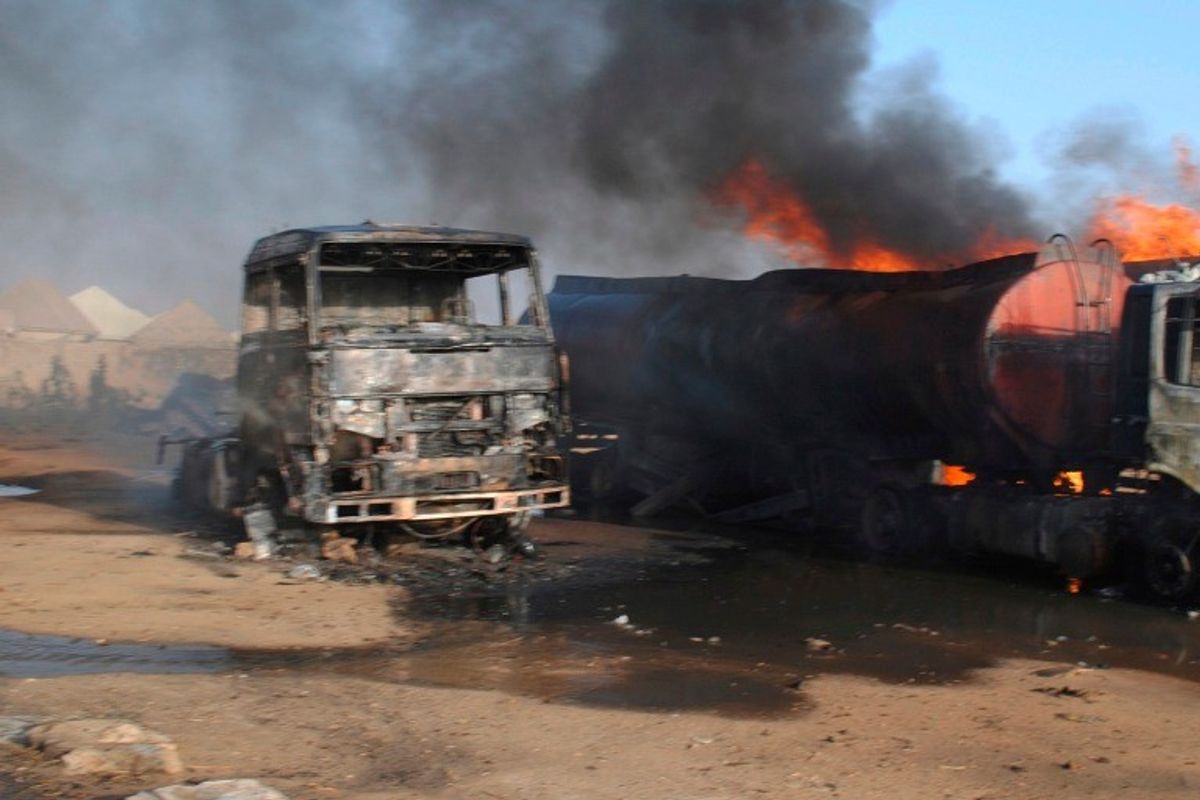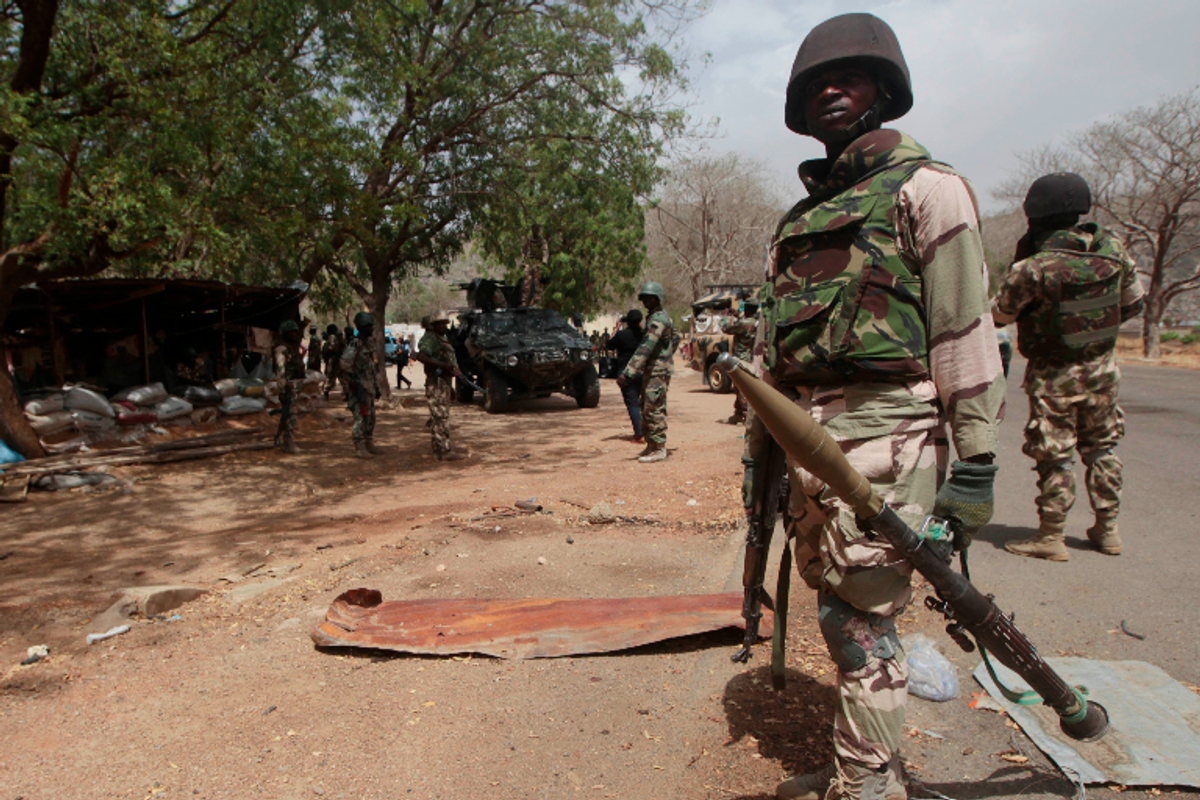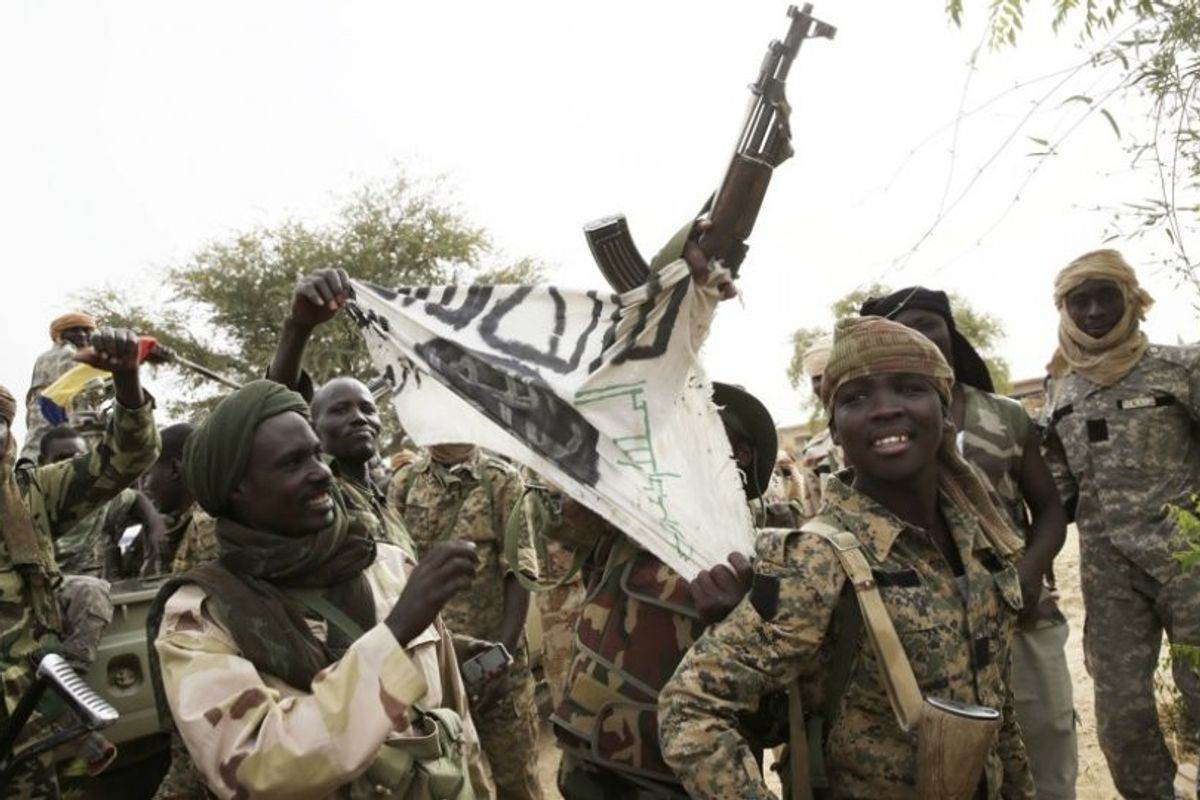Militants in the south of Nigeria – in the area known as the Niger Delta – are blowing up oil pipelines and destroying other essential oil infrastructure. The Cipher Brief talked with Ambassador John Campbell, who served as U.S. Ambassador to Nigeria from 2004 – 2007, about the recent uptick in attacks.
TCB: What is the situation right now in the Niger Delta?
Ambassador John Campbell: A variety of groups who appear to be relatively uncoordinated are involved in sabotage of oil infrastructure. That includes blowing up – when they can – oil pipelines, refineries, and so forth. It is important to bear in mind that attacks on oil infrastructure in the Delta are not new. They have gone on for a long time. Driving them is a deep sense of grievance amongst the Delta population that the region that produces Nigeria’s wealth does not benefit from it proportionally. It is also fueled by environmental degradation: water pollution, the flaring of gas, the destruction of fishing grounds, and so forth.
TCB: Your colleague at the Council on Foreign Relations Matthew Page called what is happening a “racketeering operation.” What are your thoughts on this?
JC: Certainly there is an element of racketeering in it. There always has been. The last wave of attacks on oil infrastructure occurred between about 2005 and 2009. Essentially, it was ended by the government paying off militant leaders and providing, ostensibly, training programs for militant foot soldiers. What the system of payoffs did was establish the clear principle that if you are a young man and you want to get rich in the Niger Delta, go blow up enough things and eventually the government will pay you off. So yes, there has always been an element of racketeering in this. And there’s also an element of competition amongst the various militant groups, essentially for turf.
TCB: You previously told me the attacks are more extensive than in the past and are escalating. Can you clarify?
JC: They are more extensive than they have been in the past few years, and the attacks are also considerably more sophisticated. For example, there have been successful attacks on oil infrastructure that is under water. This is something new. Further, the current attacks are having a greater impact on oil production than they did in the past.
TCB: What is driving the increased sophistication of the attacks?
JC: It seems to me that when you’re talking about militant attacks in almost any situation, each wave is more sophisticated than the previous one, and the demands tend to be more radical than they were previously. To give you a concrete example, the militants between 2005 and 2009, when they addressed political issues at all, talked about greater local autonomy. Now, militants are talking about a separate state – an independent state altogether.
TCB: So how does the Nigerian government respond when the militant demands are increasing, and the militants seem to be so decentralized and community-based?
JC: That’s exactly the problem the government led by President Muhammadu Buhari faces. Further, we have to look at the overall context in which the Buhari government is operating. First of all, with the fall in oil prices, government revenue is considerably less than it has been in the past. Secondly, the Boko Haram insurrection in the northeast is ongoing, and there are enormous social problems – internally displaced persons, people not getting enough to eat, and so forth – in the northeast. So, in a sense, the Delta insurrection is harder to deal with now than it was in the past, because it is one of only a number of different security issues.
TCB: Is there any connection between the various security issues in Nigeria, specifically what’s happening in the Niger Delta, the Boko Haram insurgency in the north, and also the conflict between farmers and nomadic herdsmen in the middle of the country?
JC: You mean are the three linked in any way? No. They do not appear to be linked in any way. They each appear to be discrete and separate and reflect issues in their own particular region. If there are any links, and I haven’t seen evidence of any, it would be possibly the arms trade, that is one group selling weapons to another. But again I have seen no evidence of that. I think the way to picture what’s going on in Nigeria is to think of three separate security crises, not one crisis with three different parts.
Further, there is a temptation amongst some to somehow relate Boko Haram, the Delta crisis, and the security issues in the Middle Belt to a sort of West African jihadist Islam associated with the Islamic State. I see absolutely no evidence at all of any connection between what’s going on in the Delta and the Middle Belt with ISIS or Libya. And with respect to Boko Haram, it is extremely unclear what the links might be. But in any event, they do not appear to have much operational significance.










